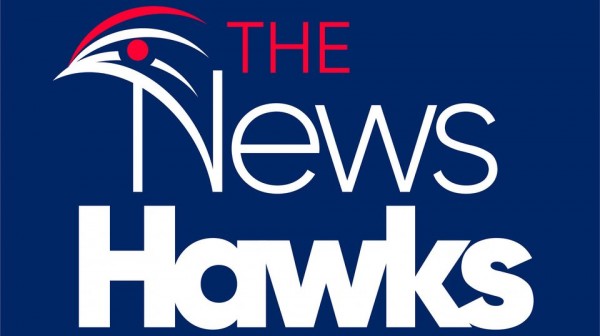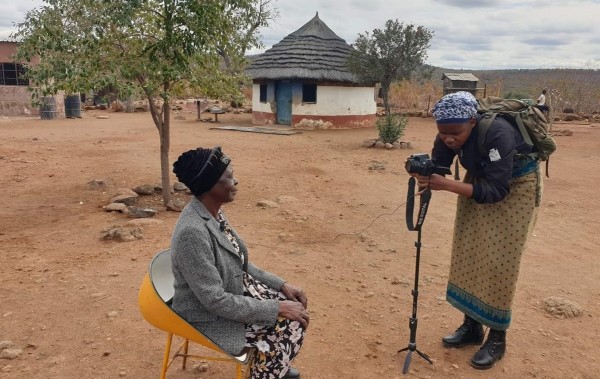His Excellency Robert Mugabe
President
Harare
Zimbabwe
Fax: + 263 4 708 820/708 557
Vienna, 10 January 2002
Your Excellency,
The International Press Institute (IPI), the global network of editors, media executives and leading journalists, is extremely concerned about the new security laws and the proposed media legislation, both of which criminalize legitimate criticism of the country’s president and armed forces and will prevent foreign media and foreign correspondents from working in Zimbabwe.
According to our sources, the Access to Information and Privacy Bill will prohibit foreign journalists from reporting in Zimbabwe. Local journalists will have to apply for a one-year renewable license from a government-appointed commission. The bill also severely restricts the kind of articles journalists are allowed to write. For example, the author of any article criticising the president or “causing despondency” will be severely punished. The bill means that Jonathan Moyo, the information and publicity minister, will have an effective veto over who reports for any media organisation, foreign as well as domestic.
The Public Order and Security Bill gives the government sweeping powers to “protect public order and security and to deal with acts of insurgency, banditry, sabotage, terrorism, treason and subversion”. Penalties for these offences, which can be broadly defined to include the suspicion that a person is plotting against the state, are life imprisonment or death. The bill outlaws publishing or communicating “false statements prejudicial to the state or that incite public disorder, violence, affect defence and economic interests of the country or undermine confidence in the security forces”. It also makes it an offence “to undermine the authority of the president by making statements or publishing statements that provoke hostility”.
IPI regards discrimination of foreign journalists and media outlets as further steps in the ongoing campaign to silence critical media and as gross violations of everyone’s right to “seek, receive and impart information and ideas through any media and regardless of frontiers,” as guaranteed by Article 19 of the UN Universal Declaration of Human Rights. Furthermore, IPI considers the licensing of journalists and draconian “public order” measures, such as the ones already cited, to be censorship and a blatant contradiction of the freedom of expression guaranteed by Zimbabwe’s Constitution and its membership of the United Nations.
Therefore, IPI urges Your Excellency to ensure that the public order bill and the proposed media bill are not adopted. Moreover, we ask you to take all necessary steps to guarantee that journalists are allowed to report freely on developments in Zimbabwe. This includes the basic human right of media workers to carry out their profession without the fear of being attacked, arrested or expelled from the country in retribution for doing so.
We thank you for your attention.
Yours sincerely,
Johann P. Fritz
Director


